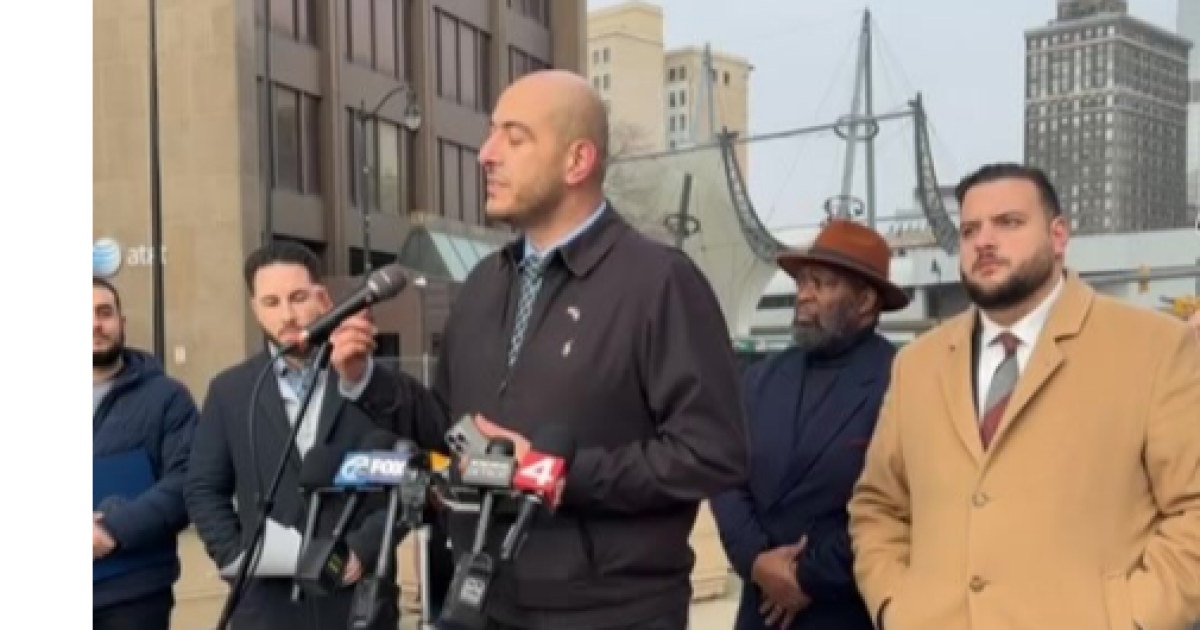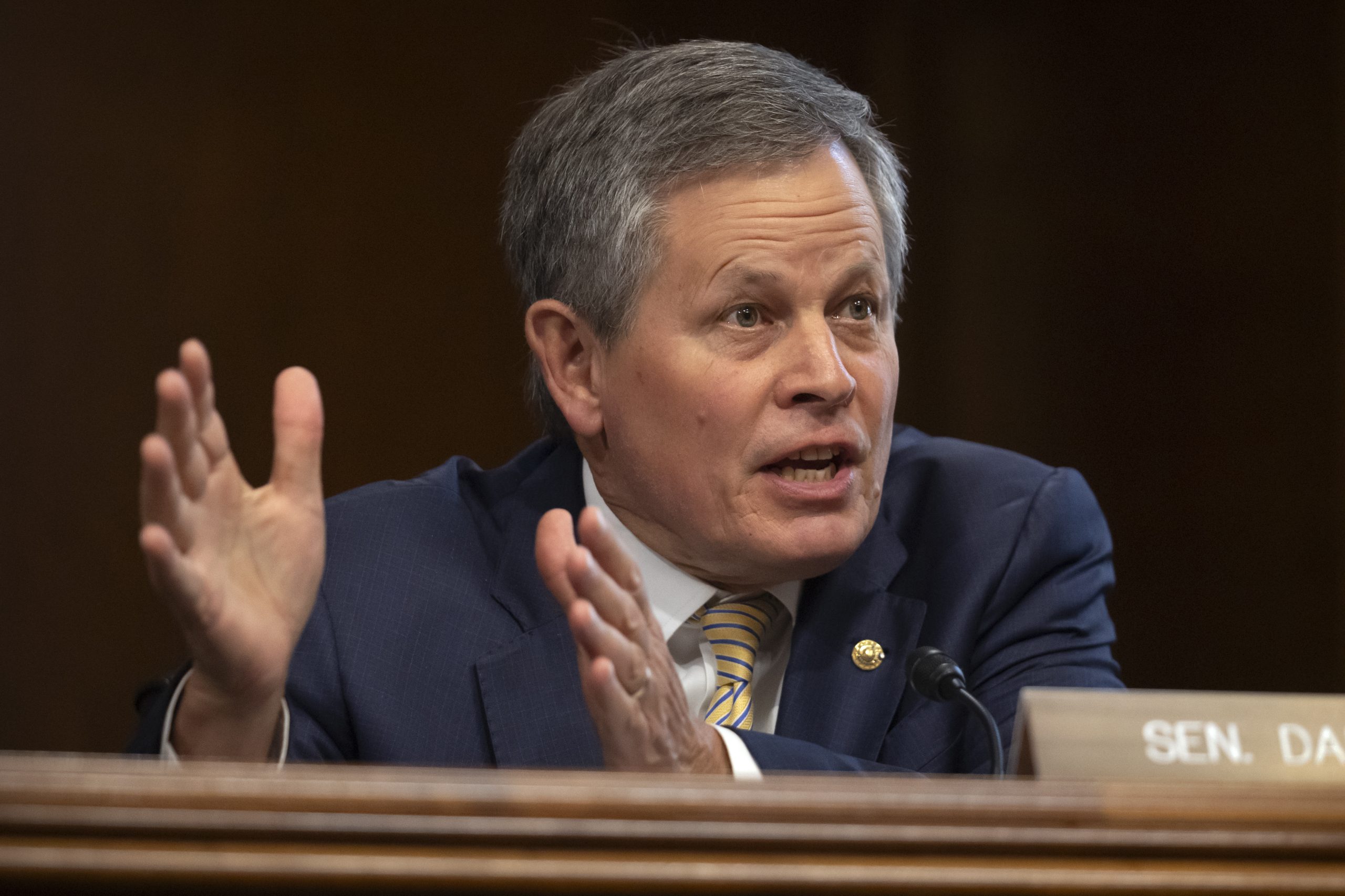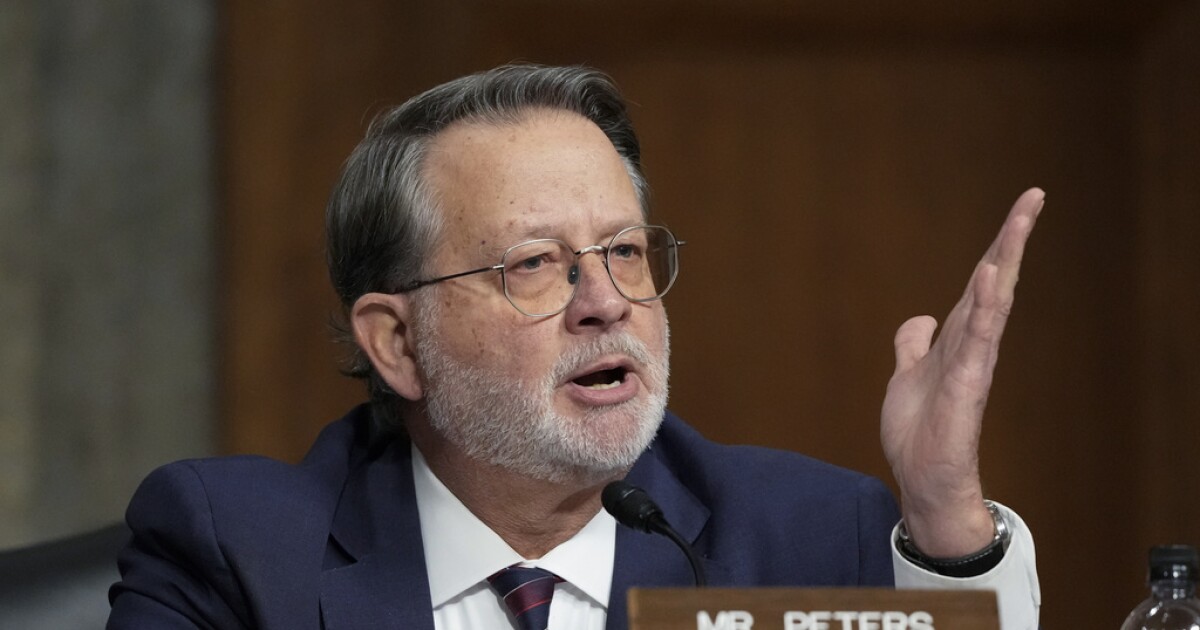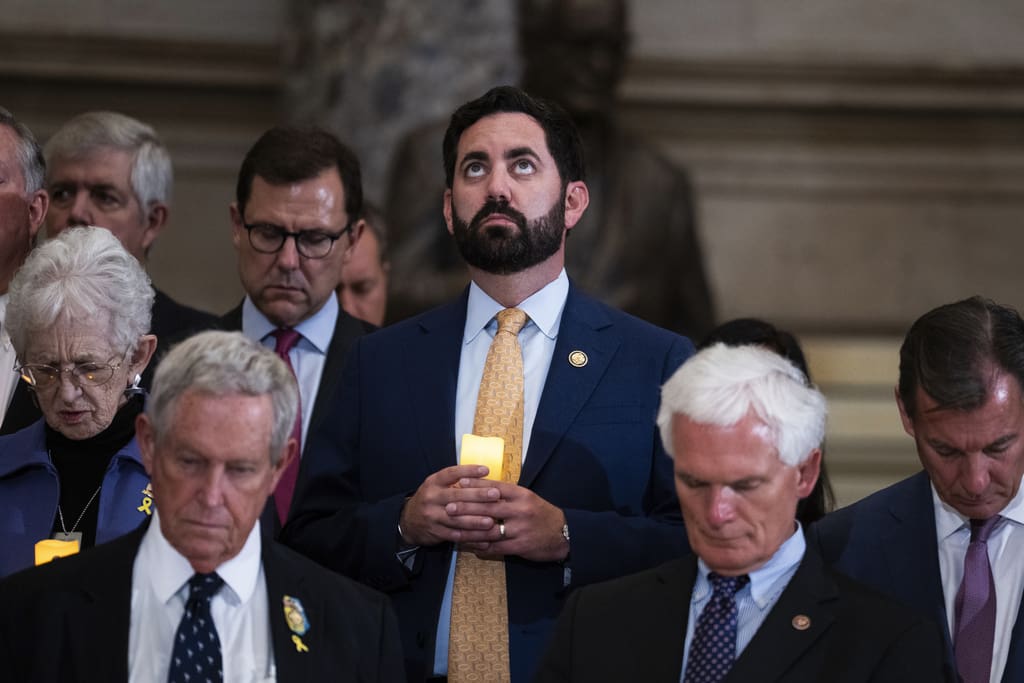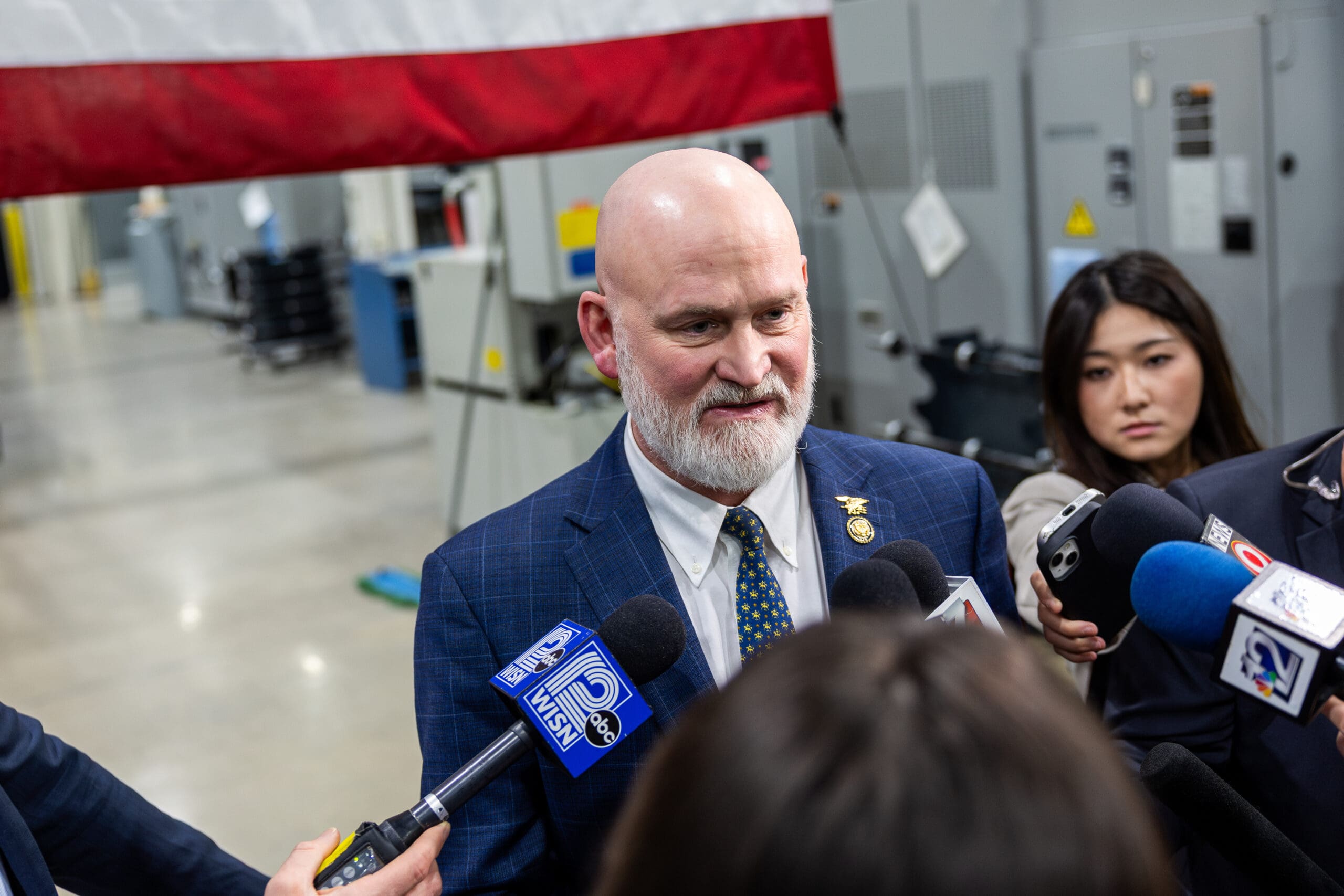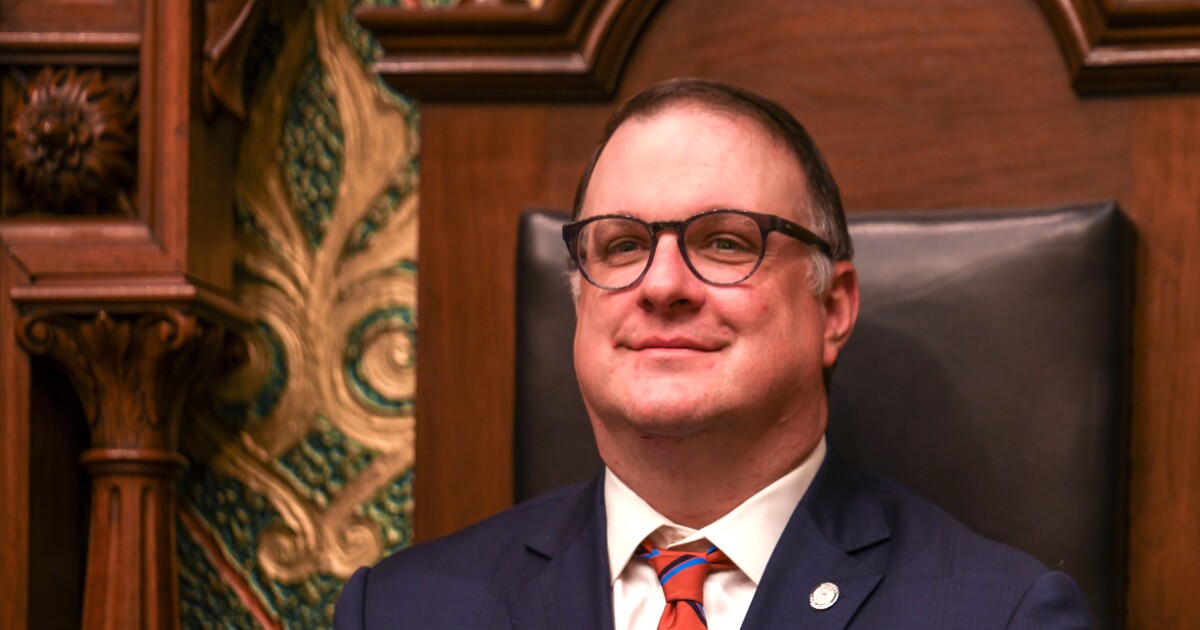Michigan Lawmakers Aim to Enhance Earmark Transparency
As Michigan’s state budget for the year concludes, attention shifts to legislative efforts aimed at increasing transparency around earmarks. Earmarks, often criticized for directing funds to specific projects at the request of individual legislators, have come under increased public scrutiny, particularly in relation to economic development projects.
During the budget negotiations, a key compromise was reached requiring state Senate members to disclose requested budget spending items before voting. Earlier this year, the Republican-led House adopted a similar policy, urging the Democratic-majority Senate to expedite its implementation. This change is seen as a step forward in enhancing the transparency of the budgeting process, according to Senate Appropriations Committee Chair Sarah Anthony (D-Lansing).
Anthony is also championing legislation to enshrine some of these reforms into state law. Speaking after a committee hearing, she expressed optimism: “Things that we did … are making us closer to making this more transparent and so I’m excited about that. It’s one of the things that we can fight about it in the press but ultimately the work that we’re going to do behind the scenes and hopefully informed by the public is going to make this place more transparent.”
Under previous Democratic control, the Legislature included similar requirements for identifying earmarks, albeit only after the funds were allocated. This ongoing focus on earmark transparency comes amid multiple criminal investigations into alleged misuse of state funds by earmark recipients, including a health center project in Clare and a Southeast Michigan-based nonprofit.
Anthony’s proposed bill includes provisions for reclaiming funds from recipients who fail to fulfill their commitments. She highlighted the need for a more efficient process: “It should be very clear and very quick to receive those funds back. And this legislation will help to address that in the future.”
In addition to earmark reforms, lawmakers face challenges regarding business grants intended to boost investment. The expiration of funding for the Strategic Outreach and Attraction Reserve Fund (SOAR) has left policymakers searching for alternatives. Meanwhile, programs like Going Pro, which aids employers in training workers, have suffered significant budget reductions.
The state Department of Labor and Economic Opportunity’s budget has been reduced by approximately 25%. Despite this, department director Susan Corbin remains committed to workforce development and job creation initiatives, aiming to expand access to apprenticeships and work credentials. “We’re going to be placing even more emphasis on helping people with disabilities getting into the workforce. We’re going to continue our work with veterans and justice-involved individuals so that anybody can make it here in Michigan,” Corbin stated.
As the state navigates these changes, the development of a replacement for the SOAR Program remains a priority for legislators.
—
Read More Michigan News


